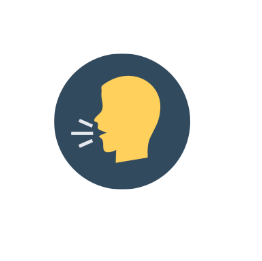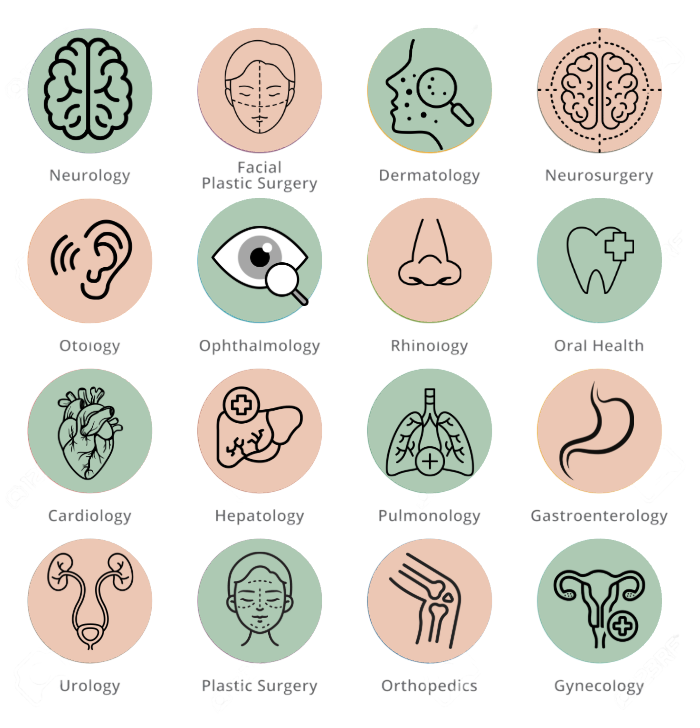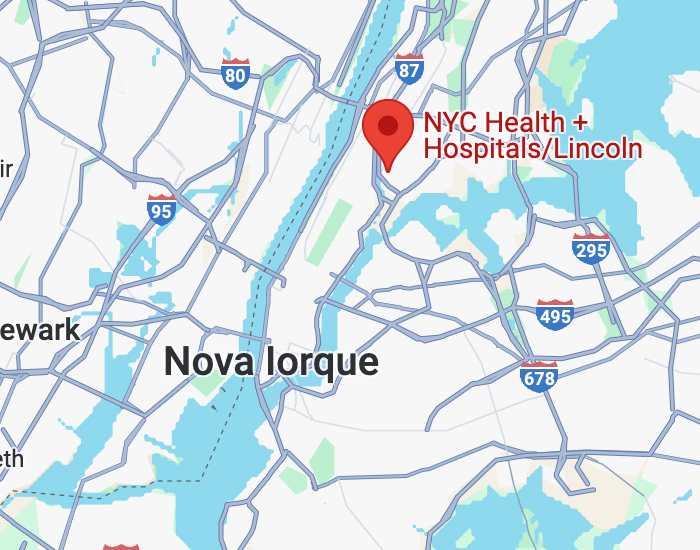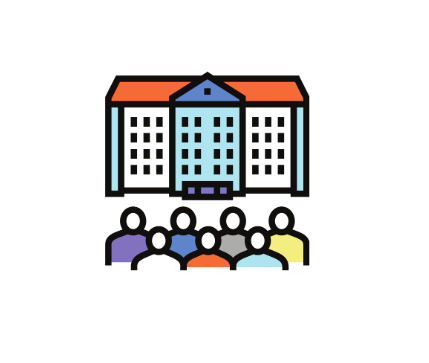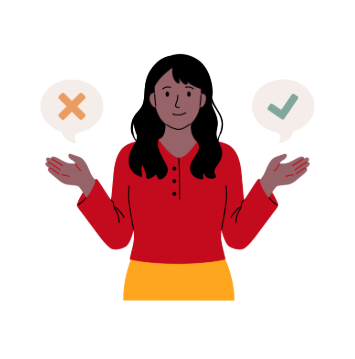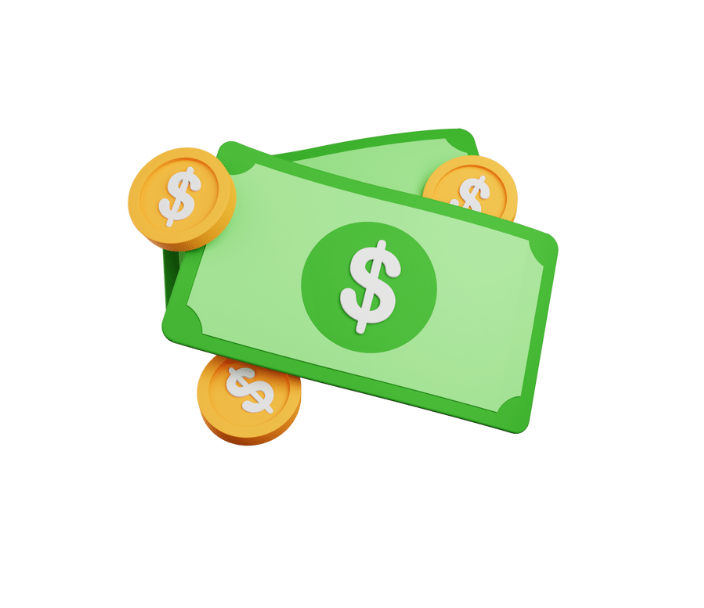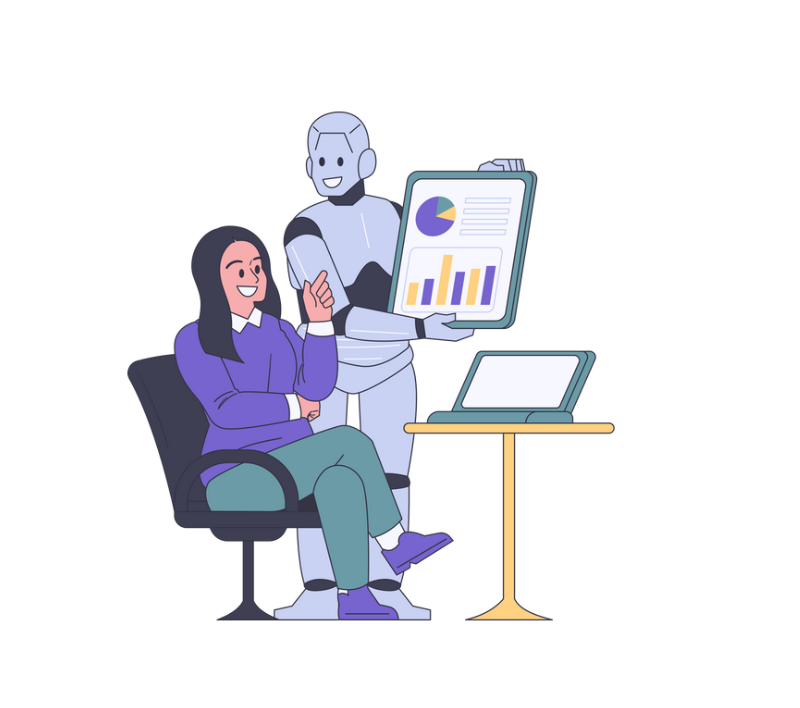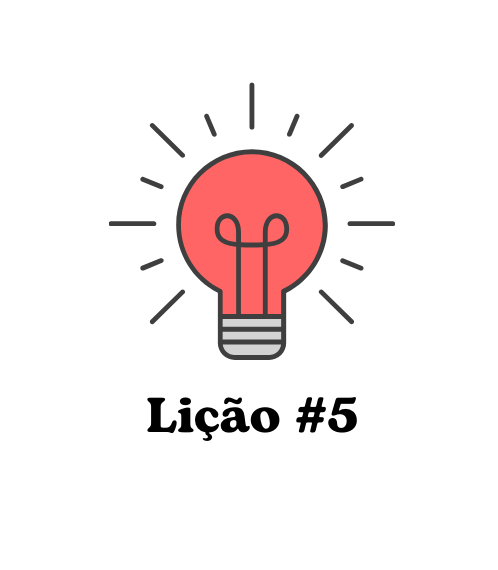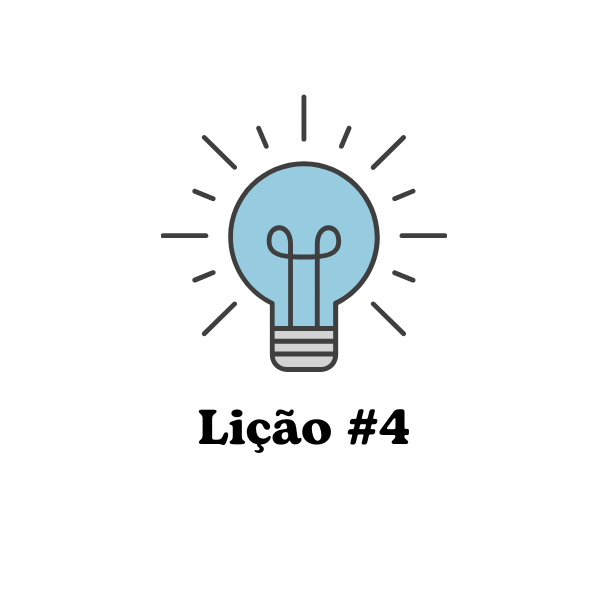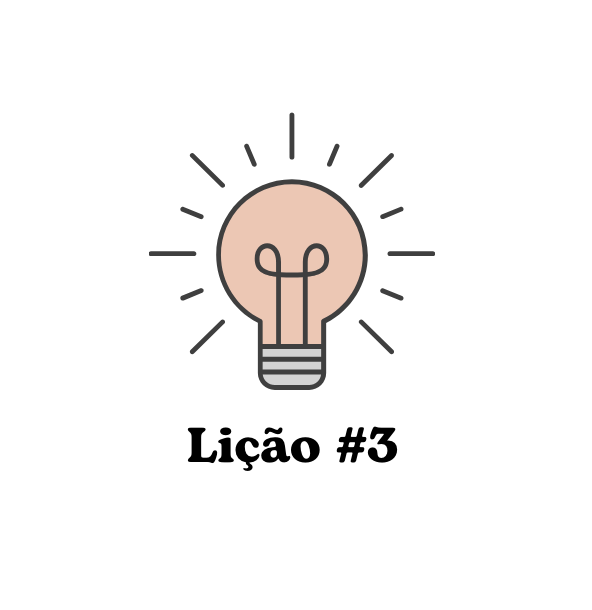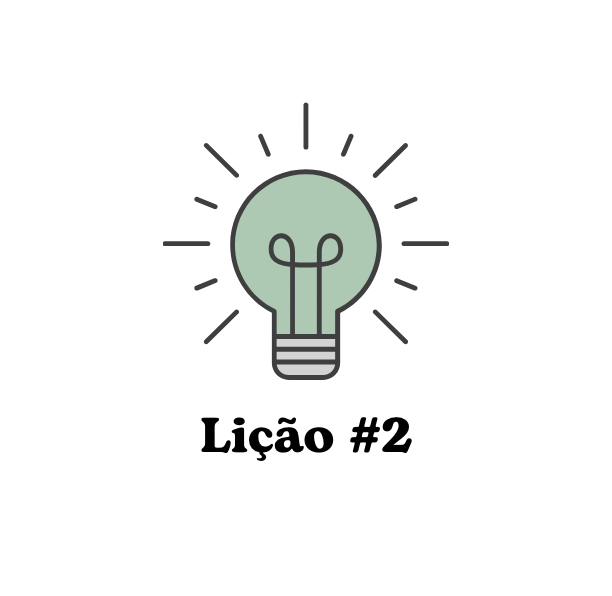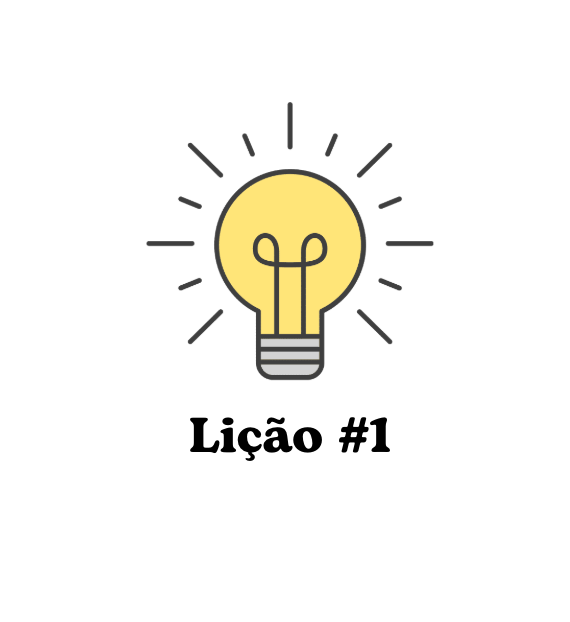This is the account of one of our students in the Scrubs Community about studying and preparing for the USMLE Step 1: the first test for the revalidation of the medical diploma in the USA. Get inspired!
Hey friends!
I matched last cycle and I am sharing here tips from my preparation for the 3 Steps. For context, I am an older graduate (YOG 2006) with Residency in Pediatrics in Brazil, balancing studies with a full-time job in Brazil. Please let me know if you have any questions. I would be happy to help! Best of luck in your preparation!
Step 1
Preparation Time: 12 months
Materials:
The foundation of my study was UWorld + Anki. I started doing questions from day one, using a fully active study method.
UWorld: Undoubtedly the most important resource, and I started using it from the first day of study when I activated the question bank on 02/01/2022. I went through it three times:
- First pass by systems (I did one block of 20 questions per day).
- Second pass: Random mode (40 questions per day, marking incorrect answers or even correct ones if I struggled or got them right by luck).
- Third pass: Only incorrect and marked questions (40 per day).
- In all passes, I unlocked Anki flashcards on the topic (Anking deck) and created a personal deck with information I missed or got wrong in the questions.
- I purchased the 1-year question package.
Anki: Essential for me, reinforcing active recall and spaced repetition.
- I used the Anking deck and created a personal deck using UWorld explanations.
- I reviewed around 500 flashcards daily, fitting them into spare moments (waiting in line, between patients, when a patient was late or canceled, etc.).
- The key is to use Anki efficiently: Good flashcards should be concise, contain minimal information, and take only about 5 seconds to review (you either remember or you don’t—no overthinking).
- First Aid: Used strategically in the final stretch after my second pass of UWorld as a
- comprehensive review to ensure I hadn’t missed anything.
- I created flashcards with information that hadn’t appeared in UWorld or Anki.
- I read the entire book twice before the exam.
- Used the Rapid Review section on the eve of the exam.
- Pathoma:
- Watched all videos once and rewatched the first three chapters + topics with
- hard-to-memorize details (e.g., nephritic/nephrotic syndromes, ovarian, breast, and testicular tumors, leukemias/lymphomas).
- Read the entire book once after my second UWorld pass to consolidate knowledge.
Sketchy:
- Watched all Microbiology and Pharmacology videos (Micro twice).
Rewatched Pharmacology videos only for difficult topics (e.g., autonomic - system).
- Created flashcards for tricky details.
- Memorized UWorld’s amazing flowcharts for Gram-positive and
- Gram-negative bacteria.
Amboss:
- My original January exam in Recife was canceled 48 hours before due to technical issues, forcing me to reschedule for March.
- I was without UWorld for 45 days (it expired, and I didn’t want to renew for
- just a month).
- I used Amboss during this gap and found it very good, though not a
- replacement for UWorld.
- The quality is great, but the explanations were overwhelming at times.
Other Videos:
- Watched random YouTube videos while exercising or commuting.
- Dirty Medicine: Amazing mnemonics, especially for lipoproteins and familial dyslipidemias (helped me never miss a question on those again).
- Pixorize: Used for Biochemistry (e.g., Krebs cycle, glycolysis).
- For Ethics and Behavioral questions, I focused on Dirty Medicine and Conrad
- Fischer videos.
Self-Assessments:
- UWorld Self-Assessment 1 (after first UWorld pass): 72%
- NBME 25 (11/01): 37 incorrect (81.5% correct), Score 235
- NBME 27 (11/21): 38 incorrect (81% correct), Score 233
- NBME 28 (12/08): 45 incorrect (77.5% correct), Score 227
- NBME 29 (12/16): 22 incorrect (89% correct), Score 251
- UWorld Self-Assessment 2 (after second pass): 83%, Score 254
- NBME 30 (01/08): 87% correct, Score 251
- Free 120: 88%
- Amboss self-assessment: Predicted score 256
- Final Result: PASS
Final Thoughts:
Consistency and discipline are key.
I had no dedicated study period—couldn’t intensify my studies due to work and family obligations.
Maintained a steady, consistent routine with repetition and focus.
Some days were easy, others difficult, but I stuck to the plan and routine regardless of motivation.
Don’t neglect relaxation and leisure, as they help sustain long-term motivation.
Hope this helps! Let me know if you have any questions!
Dr. Alessandra Lemos de Carvalho











